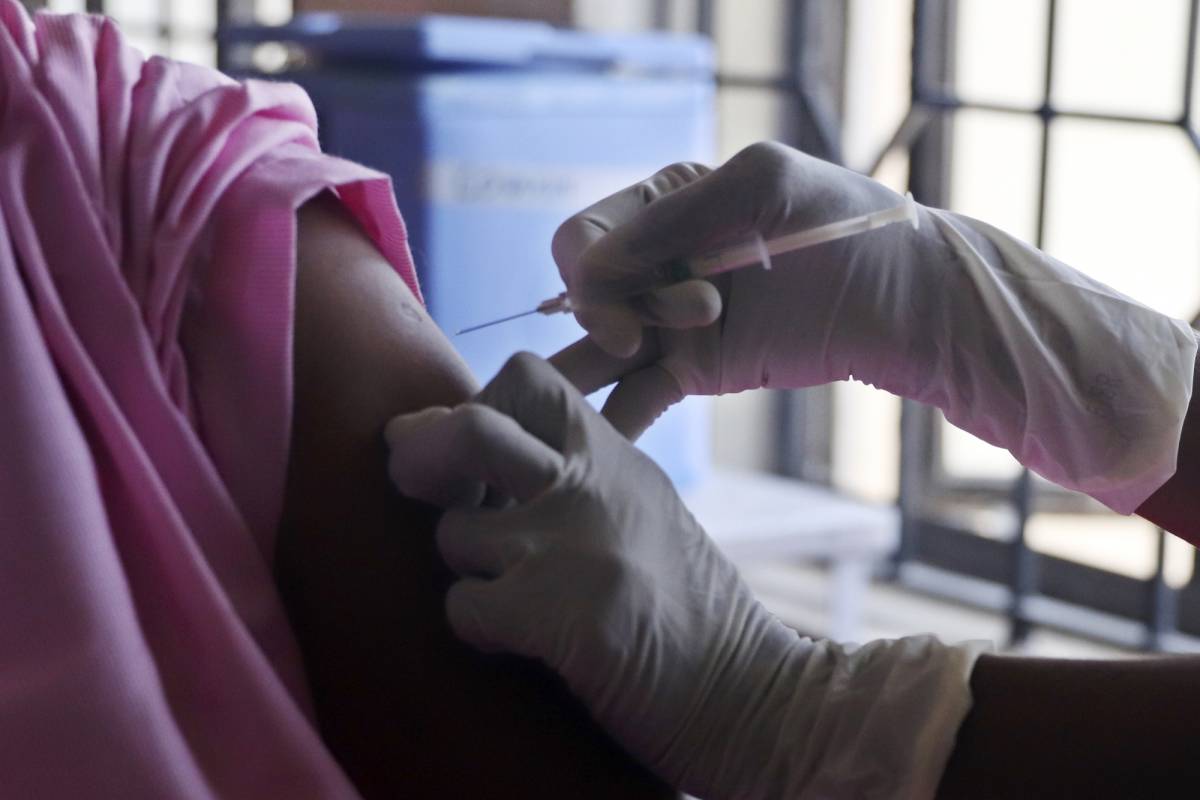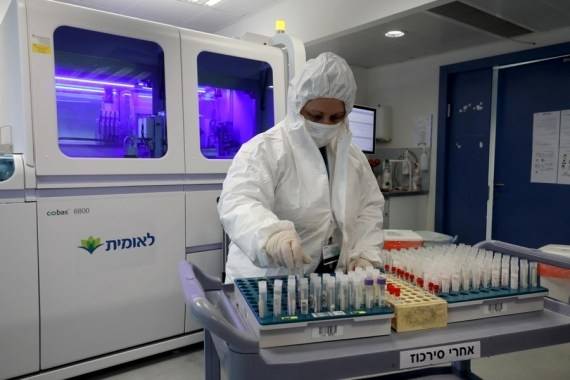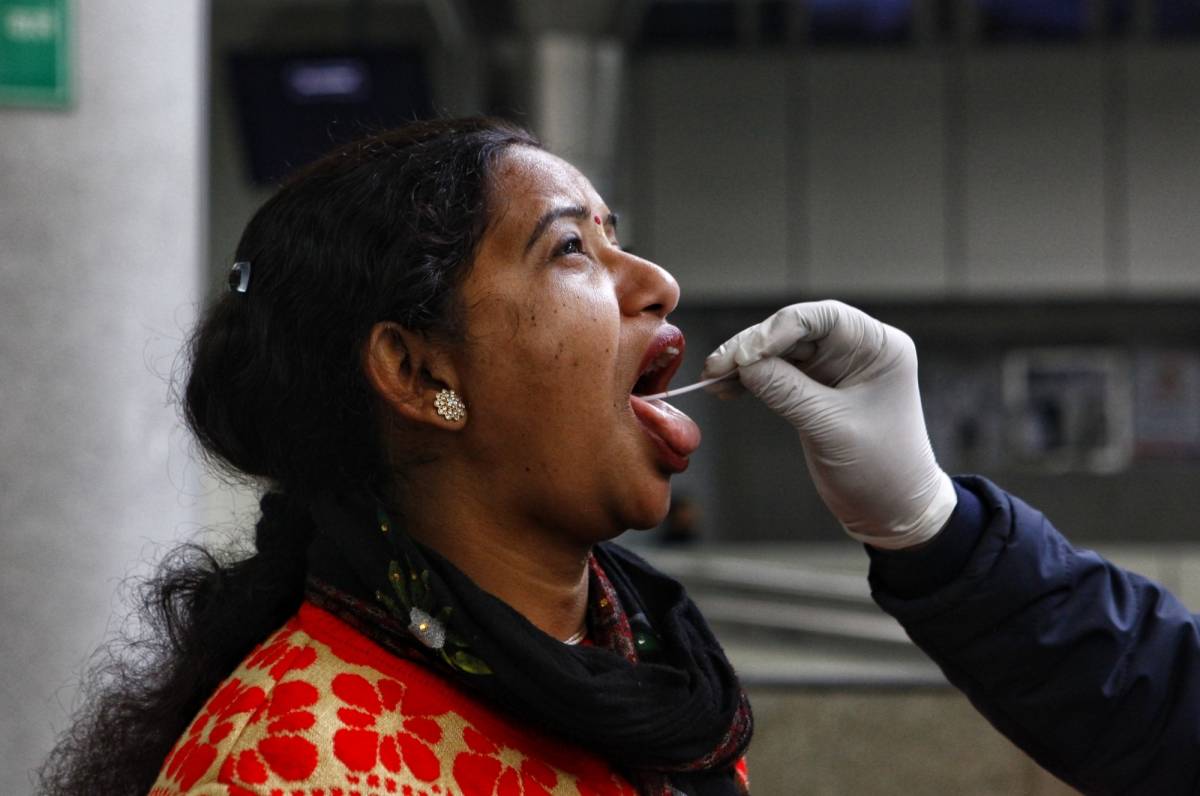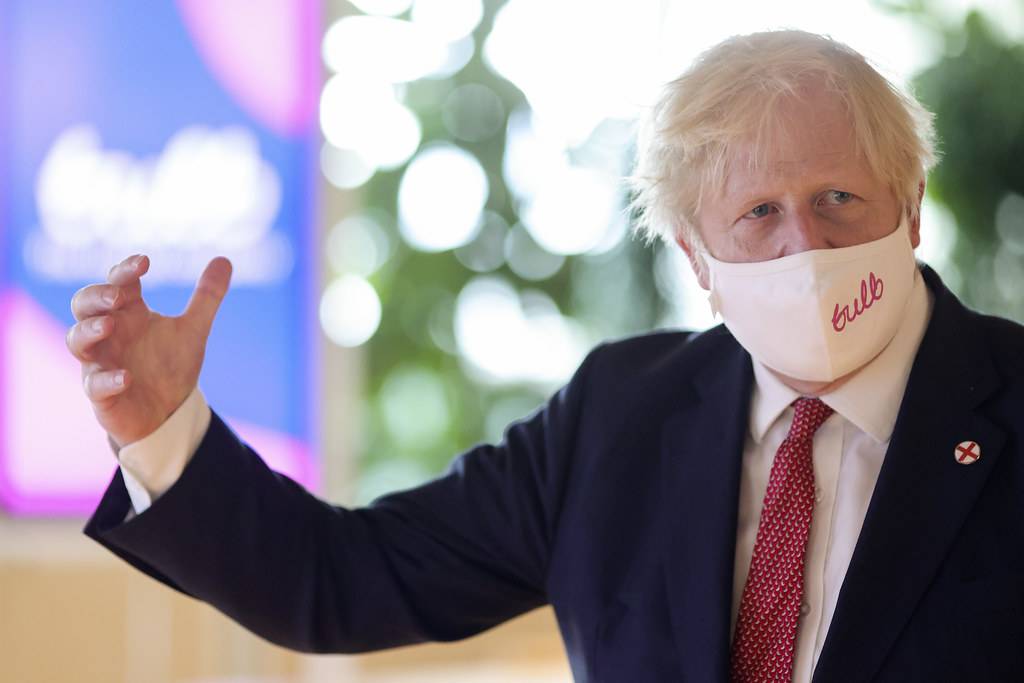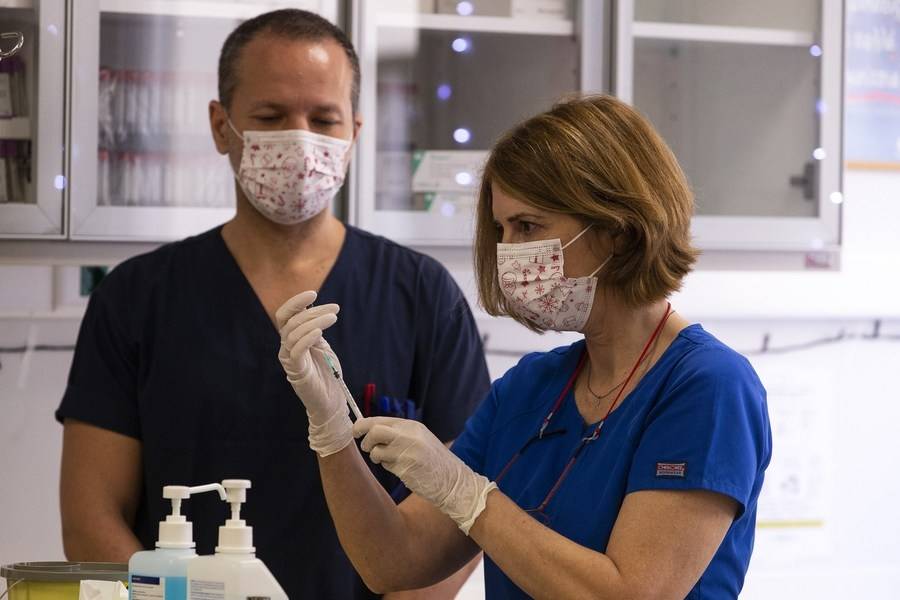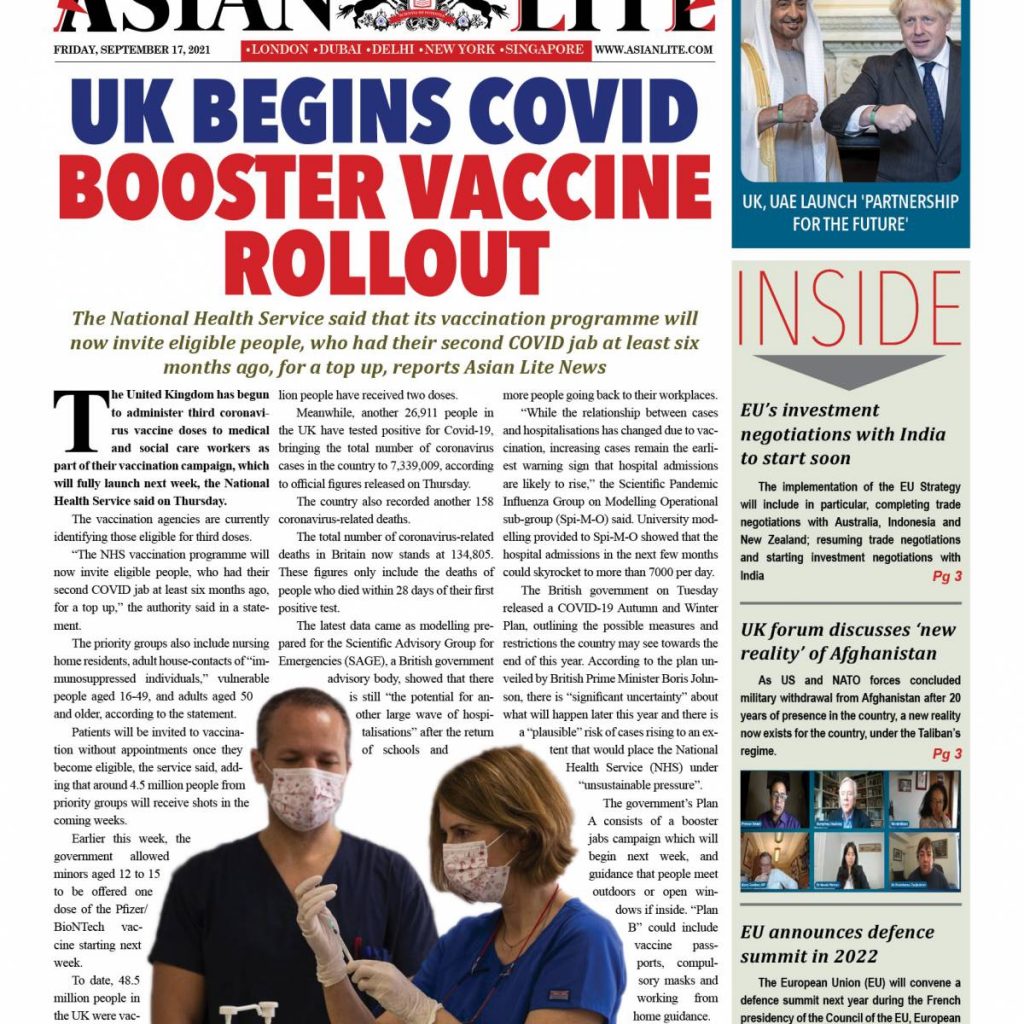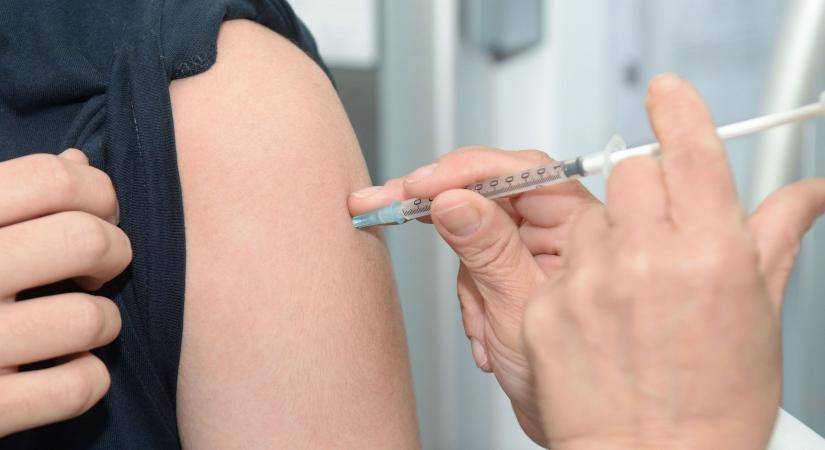Around 26 per cent of the estimated 16 crore eligible population aged 60 and above as well as healthcare and frontline workers have received the booster dose…reports Asian Lite News
The Centre will provide free booster doses of Covid vaccines for the 18-59 age group at government vaccination centres under a 75-day special drive from July 15, Union Health Minister Mansukh Mandaviya announced on Wednesday.
The free booster dose drive will be held for next 75 days as part of the government’s Azadi Ka Amrit Mahotsav to celebrate the 75th anniversary of India’s Independence and to boost the uptake of Covid precaution doses, he said.
“Under the Amrit Mahotsav of Azadi, a 75-day free vaccination campaign will be conducted from July 15, in which all citizens above the age of 18 years will be given free vaccination doses at government centres”, Mandaviya said in a tweet. Mandaviya thanked Prime Minister Narendra Modi for this decision.
Urging eligible population to get the precaution doses, he said in subsequent tweet: “With this decision, India’s fight against Covid will be strengthened and additional security of citizens will also be ensured. I urge that all adult citizens must get the prevention dose.”
Less than 1 per cent of the target population of 77 crore in the 18-59 age group have been administered the precaution dose, as per a source. The initiative has been undertaken to increase the uptake the precautions doses.
However, around 26 per cent of the estimated 16 crore eligible population aged 60 and above as well as healthcare and frontline workers have received the booster dose.
To accelerate the pace of vaccination and encourage booster shots, the government also had initiated the second round of the ‘Har Ghar Dastak campaign 2.0’ across states and UTs on June 1. The two-month programme is currently underway.
Daily Covid cases jump to 20,139
India reported 20,139 new Covid cases in last 24 hours, a considerable rise from the previous day’s count of 16,906, said the Union Health Ministry on Thursday.
In the same period, the country reported 38 more Covid deaths taking the nationwide toll to 5,25,557.
The active caseload has also risen to 1,36,076 cases, accounting for 0.31 per cent of the country’s total positive cases.
The recovery of 16,482 patients in the last 24 hours took the cumulative tally to 4,30,28,356. Consequently, India’s recovery rate stands at 98.49 per cent.
Meanwhile, India’s daily positivity rate has also increased to 5.10 per cent, while the weekly positivity rate currently stands at 4.37 per cent.
Also in the same period, a total of 3,94,774 tests were conducted across the country, increasing the overall tally to over 86.81 crore.
As of Thursday morning, India’s Covid-19 vaccination coverage exceeded 199.27 crore, achieved via 2,61,97,150 sessions.
Over 3.76 crore adolescents have been administered with a first dose of Covid-19 jab since the beginning of vaccination drive for this age bracket.

